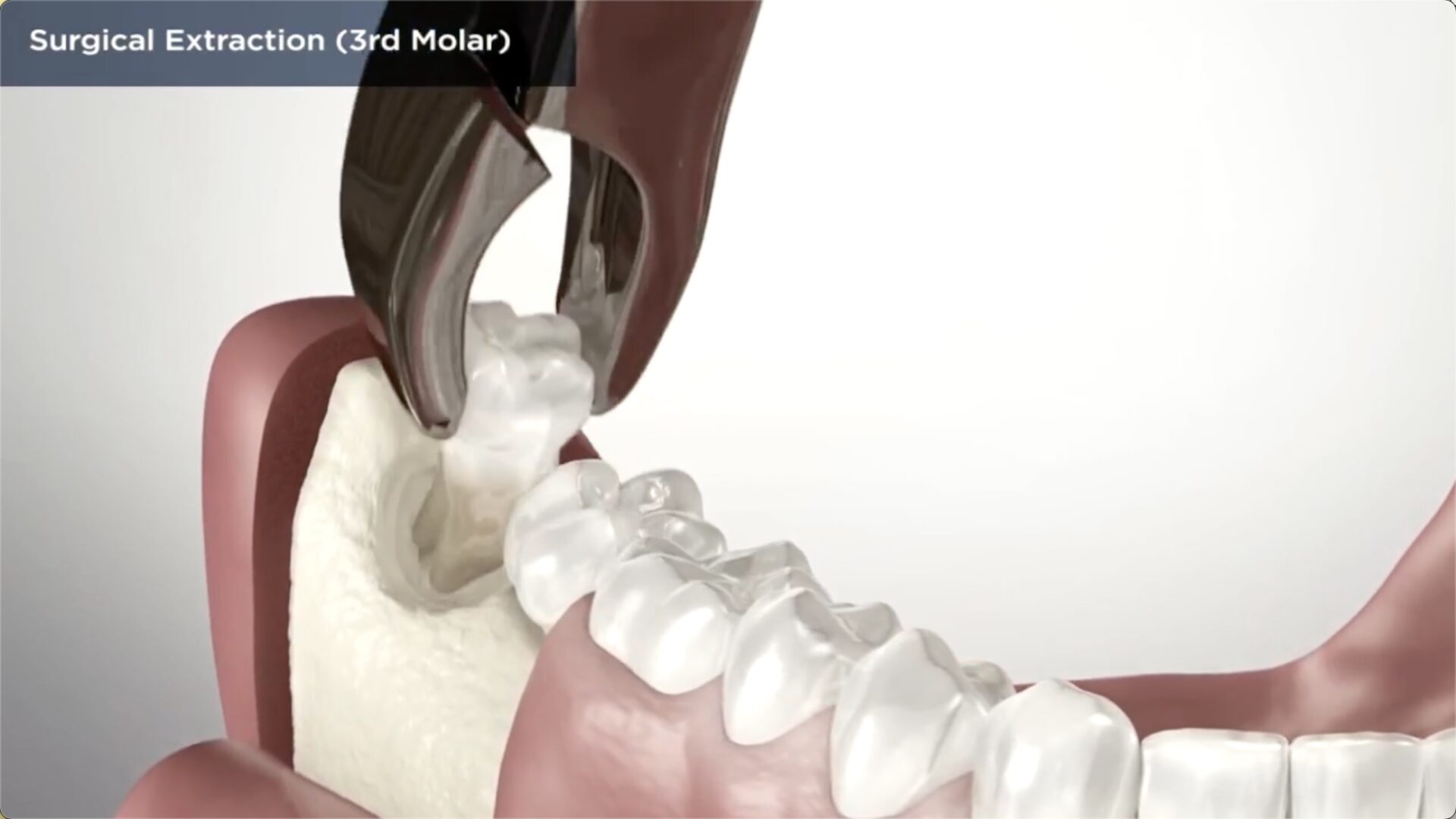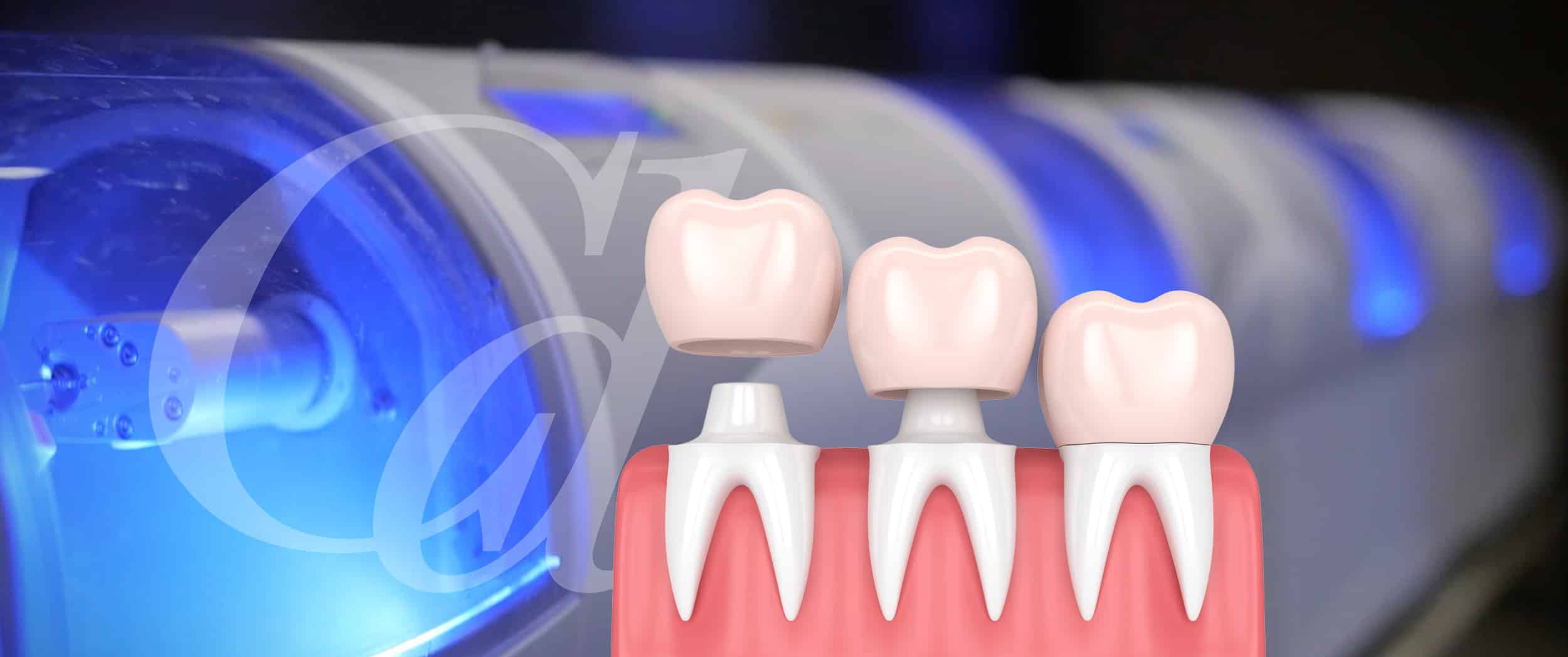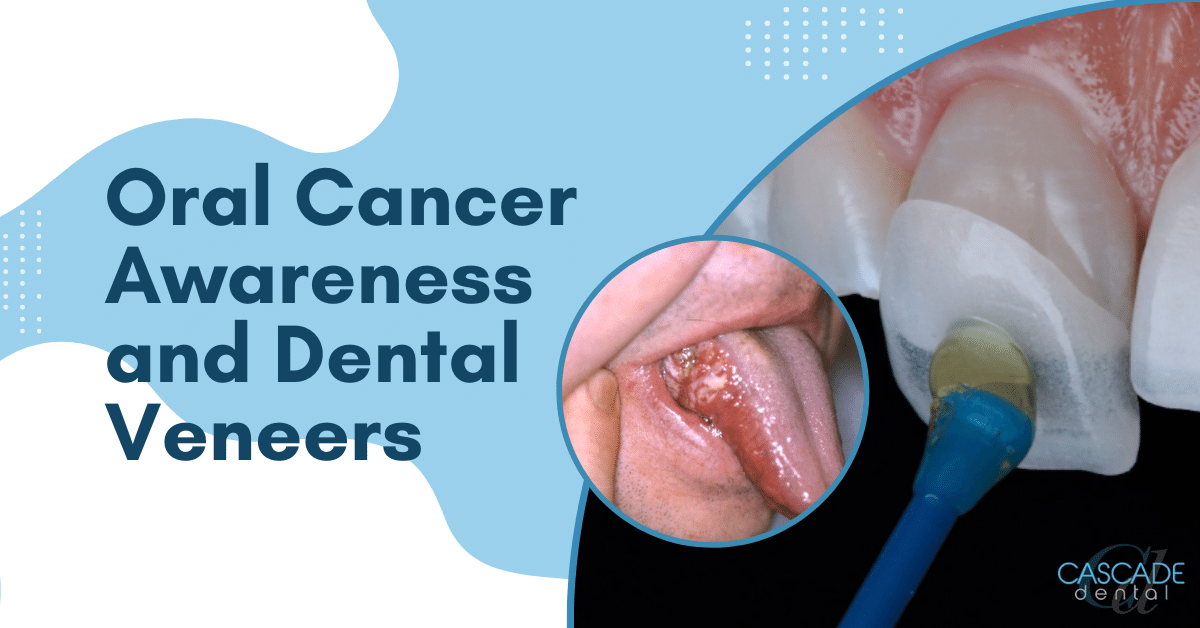Tooth Extractions Services Vancouver WA
Gentle & Safe Tooth Extractions By Our Expert Dentist in Vancouver, WA

We know that hearing you might need a tooth extraction can be stressful. At Cascade Dental, your peace of mind is our top priority. We specialize in gentle, comfort-focused extractions designed to relieve your pain and protect your long-term oral health. Our team is here not just to perform a procedure, but to guide you through the process with compassion and expert care.
Meet Your Dentist, Dr. Andy E Himsworth, DMD – An Expert in Patient Comfort
Dr. Andy E Himsworth, DMD is a dentist in Vancouver, WA, who received his advanced training at the Orognathic Bioesthetic International Institute. He earned a Level IV certificate requiring 3 additional years of study after graduation from dental school. Dr. Andy has employed these advanced dental principles for over 16 years.
Dr. Andy is known for treating difficult bites, TMJ disorder, and creating beautiful smiles with SureSmile Clear aligners. He believes in treating the cause of a problem, instead of treating just symptoms.
When is a Tooth Extraction the Right Choice for Your Health?
At Cascade Dental, we only recommend removing a tooth when it’s the best way to safeguard your overall oral health. During your comprehensive consultation, Dr. Andy may suggest an extraction to address issues such as:
- Severely Decayed or Broken Tooth: When a tooth is beyond repair with a crown or filling, extraction becomes the best option to protect your surrounding teeth and prevent infection.
- Advanced Infection: If infection reaches the pulp of a tooth, extraction may be necessary to stop it from spreading to other parts of the mouth.
- Crowded Teeth: In some cases, removing one or more teeth can help create space for proper orthodontic alignment, improving your smile and bite.
- Impacted Wisdom Teeth: If your wisdom teeth are causing pain or damage to adjacent teeth, extraction may be necessary to avoid further complications.
The Cascade Dental Difference: Our 4-Step Comfort-First Extraction Process
At Cascade Dental, we’ve refined our process to minimize discomfort and eliminate stress, so you can feel at ease throughout your treatment. Here’s what you can expect from our tooth extraction process:
1. Clear & Honest Consultation
Your journey begins with a thorough consultation. Dr. Andy will examine your teeth using digital X-rays and discuss your condition in detail. He will explain the extraction procedure, outline your options, and answer any questions you have, ensuring you feel confident and well-informed.
2. Ensuring Complete Numbness
Your comfort is our top priority. Before beginning the procedure, we use a powerful local anesthetic to ensure that the area is completely numb. We will not start the extraction until you confirm that you are comfortable and feel no pain.
3. The Gentle & Precise Extraction
Dr. Andy uses specialized techniques to remove the tooth in the least invasive way possible. With precision and care, we ensure that the surrounding bone and gum tissue are preserved, aiding in a faster and more comfortable recovery. Our gentle approach means minimal discomfort during the extraction, allowing for a smooth experience.
4. Guided Recovery Plan
Once the extraction is complete, you’ll leave our office with a simple aftercare kit and clear, easy-to-follow recovery instructions. Our team will follow up with a call to check on your progress, and we are always available to address any questions or concerns during your recovery.
Hear From Our Patients
“Dr Andy provided professional and thorough support, as usual. In this case, the in-house lab also provided critical and timely support to solve my problem. THANK YOU, Cascade Dental!!“ — David Kirchner
Planning For Your New Smile: Tooth Replacement Options
While an extraction may be necessary, it’s also the first step toward a healthier mouth and a more complete smile. Before your procedure, we will discuss beautiful, permanent replacement options, so you can restore your smile with confidence:
- Dental Implants: Considered the gold standard for replacing a single tooth, dental implants provide a permanent and natural-looking solution that restores both function and aesthetics.
- Dental Bridges: If you’re missing multiple teeth, a dental bridge is a durable option to fill the gap using adjacent teeth, offering both functionality and a seamless appearance.
- Partial Dentures: For patients who need a removable option, partial dentures are a cost-effective solution to replace missing teeth and restore your smile.
We’ll work closely with you to select the best replacement option based on your needs, preferences, and budget, ensuring you leave our office with a fully restored smile.
Frequently Asked Questions
Q: Will the tooth extraction hurt?
A: You will not feel pain during the procedure. We ensure the area is profoundly numb before we begin. After the procedure, you may experience some soreness, but this can be easily managed with over-the-counter pain relievers and the aftercare plan we provide.
Q: How much will my extraction cost?
A: The cost of tooth extraction varies depending on the complexity of the procedure. After your initial consultation, we’ll provide you with a transparent, all-inclusive cost breakdown. We accept most major insurance plans and offer flexible financing options to make your treatment more affordable.
Q: How long will it take to recover from my extraction?
A: Recovery time depends on the complexity of the extraction. In most cases, you can expect to resume normal activities within a few days, though you may need to avoid certain foods and activities while your gums heal. We’ll provide you with all the guidance you need to ensure a smooth recovery process.
Don’t Endure Tooth Pain. Find Relief Today.
Living with tooth pain can affect every aspect of your life. Don’t wait to get the care you need—our compassionate team at Cascade Dental is here to help. Schedule a no-pressure consultation with Dr. Andy today and take the first step toward lasting relief.
Call us at (360) 892-2994 or Schedule a Consultation Online Now

